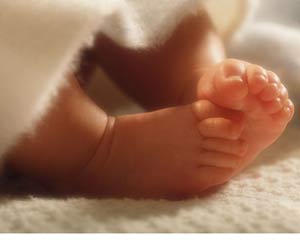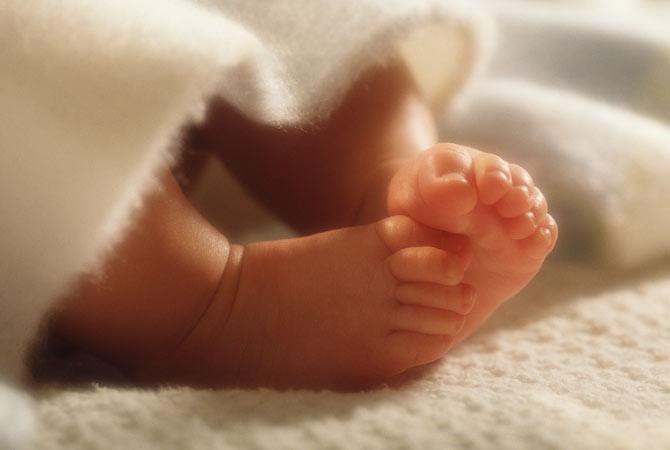First-borns are more likely to choose medicine or engineering as a career option and as a consequence earn more money than their siblings, who turn to humanities and academics, finds a study

First-borns are more likely to choose medicine or engineering as a career option and as a consequence earn more money than their siblings, who turn to humanities and academics, finds a study.
ADVERTISEMENT

Representation pic
The findings, led by researchers from the Max Planck Institute in Munich, Germany, showed that second-borns were 27 per cent less likely than the first-borns to apply to medical training programmes.
The difference between first- and third-borns was 54 per cent. The relative probability of second-borns studying arts programmes was 27 per cent higher than the first-borns, while the difference was 36 per cent between third-borns and first-borns. The sibling differences in choice of university programme was not just a consequence of first-borns having better grades in school.
It was more due to parental investment in the early years as it plays a crucial role in shaping the siblings' ability, preferences and ambitions even within the shared environment of the family, the researchers said. "Our results suggest that parents invest more in earlier-born children than in later-borns and that this shapes sibling differences in ability and ambitions even within the family," said Kieron Barclay, demographer at Max Planck Institute.
"First-borns benefit exclusively from parents' attention as long as they are the only child at home. This gives them a head start," said Mikko Myrskyla, Director at the Institute, in the paper published in the journal Social Forces. Moreover, in terms of relative probabilities, not only do second-borns differ from first-borns in terms of career choice, the trend towards choosing "less prestigious occupations" increases with every further child.
For example, the probability of second-borns taking up journalism is 16 per cent more likely than first-borns, while third-borns and fourth-borns are, respectively, 40 per cent and 60 per cent more likely to do so. This differences in programmes in college could also explain approximately half of the gap in their long-term earnings, the researchers said, in the study involving 146,000 students.
 Subscribe today by clicking the link and stay updated with the latest news!" Click here!
Subscribe today by clicking the link and stay updated with the latest news!" Click here!






